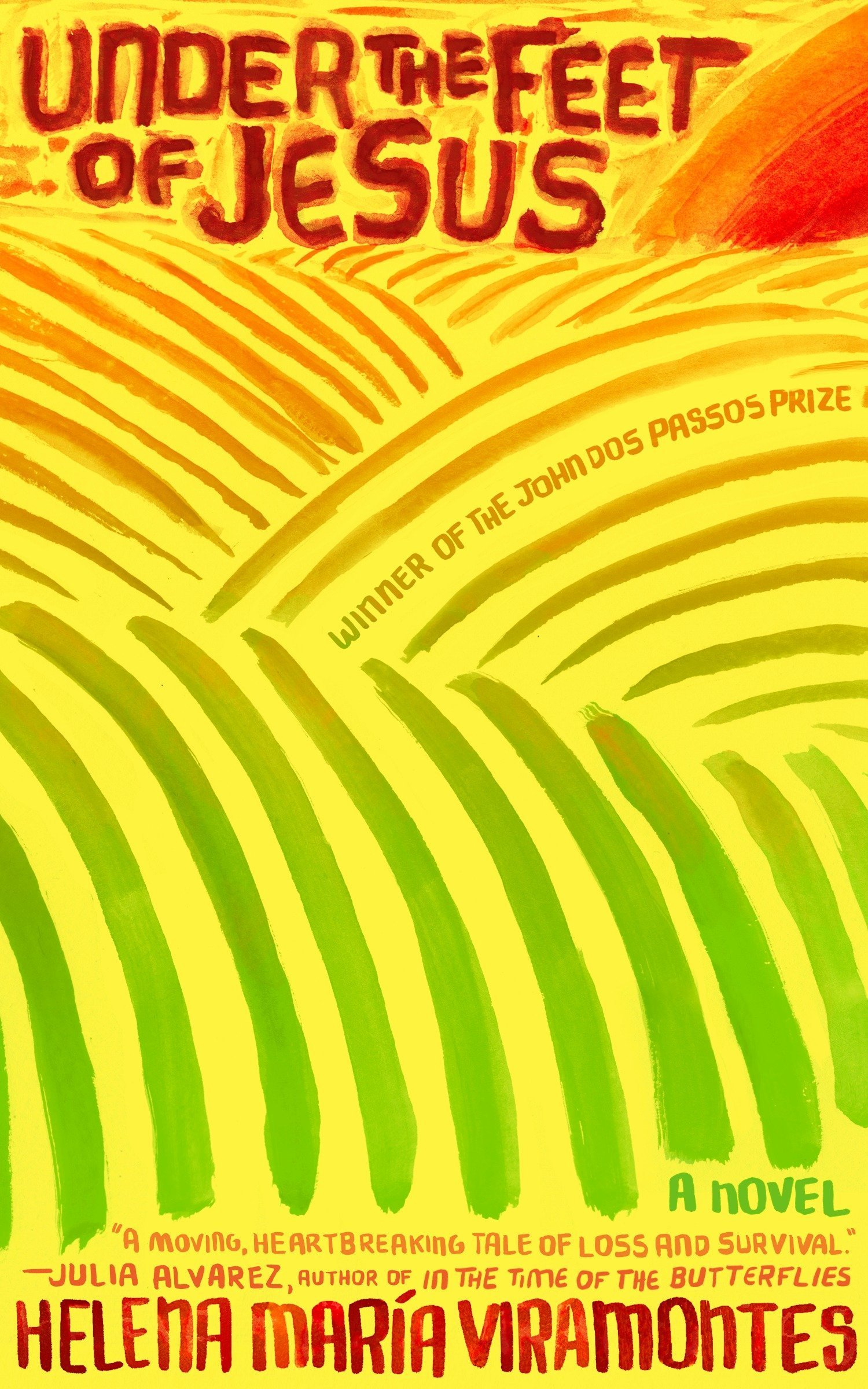Under the Feet of Jesus
As I write this, I’m preparing to return to Mexico for another big film project for the day job. 1MISSION’s next gala is still almost eight months away, but this weekend we are capturing the story that will constitute the emotional heart of that night, as well as the centerpiece of our year-end storytelling.
I’ve chosen to think of this short film as the third in a series that began with Dear Friend in 2019 and continued with Dreams in 2021. Both of those films put children front and center. This time our “star” is a wife, mother, and farmworker named Araceli, whose indigenous Mixtec roots are in the southern Mexican state of Oaxaca but whose family headed north many years ago in search of economic opportunity.
We hear a lot about immigrants and refugees who cross borders in order to keep their families safe and well. Their stories rightly inspire us (or should). But we hear less about the many, many families that move within their own countries for the very same reasons. What’s more, few of us ever stop to consider the cultural barriers that exist for migrants even within their own countries. Nor would it occur to us the many gifts these migrants are eager to offer their new neighbors.
Araceli has a story to tell. And that story, I trust, will expand our imaginations just a little bit, helping to cultivate empathy, generosity, and hope.
So it’s with Araceli and this project in mind that I’m now reading Helena Maria Viramontes’s novel Under the Feet of Jesus (Plume), a story of migrant farmworkers working the grape fields in California’s Central Valley. I’ve only just dipped into the book, but already I find myself captivated by the vivid imagery in Viramontes’s writing.
I have an office job; I sit at a desk; my hands aren’t calloused. Even so, I can imagine a bit of what back-breaking work in the fields might feel like. Here, though, we get immersed in the more hidden scenes of a migrant farmworker’s life, from the transient farming camps to rides in crowded flatbed trucks, from childhood memories down by the river to the bonds formed amid hardship.
Viramontes dedicates this book to her parents, Mary and Serafin, “who met in Buttonwillow picking cotton.” So you know this material is personal for her, maybe semi-autobiographical. And it shows.
